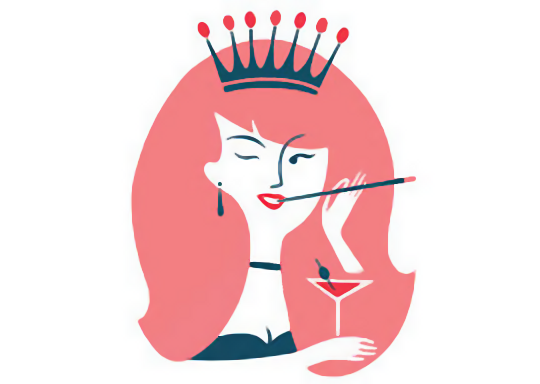
March 24, 2017

missing asset:https://www.takimag.com/images/uploads/Bundesarchiv_B_145_Bild-F010324-0002,_Flughafen_Köln-Bonn,_Adenauer,_de_Gaulle-cropped.jpg
Source: Wikimedia Commons
The Fifth French Republic was the creation of General de Gaulle. Contemptuous of what he called the “regime of the parties,” which saw weak governments come and go and the same politicians return to office through a revolving door, he believed that France needed a strong president who stood above the political battle and represented the whole nation and the permanent interests of France: himself, naturally. The French, divided and demoralized by the Algerian War, accepted his new constitution. Inevitably parties didn”t wither away, but they coalesced, more or less, into right and left, and Gaullist France experienced governmental stability. It still does, more or less, though some argue that the stability is now more akin to stagnation.
Nevertheless, de Gaulle did indeed represent the nation. None of his successors has done so. Perhaps his rival and critic François Mitterand, the Socialist leader who was never a Socialist, came close to doing so, at least in the middle period of his 14-year reign. The three subsequent presidents”Chirac, Sarkozy, and Hollande”have all been party men, and therefore divisive, also ineffectual.
If the polls are right, the second round of this year’s presidential election will be contested by Marine Le Pen and Emmanuel Macron. Does either meet the Gaullist criterion?
Le Pen is a party woman, but also an outsider, ostracized by the political establishment. The Front National was created by her father, Jean-Marie Le Pen, whom she has now expelled from the party, ostensibly on account of his anti-Semitic views, but really because the old man had become an embarrassment. De Gaulle might have approved this callous expulsion; he himself never hesitated to get rid of men who had outlived their usefulness.
Le Pen, however, has two problems. Though her party calls itself the National Front, it has consistently been rejected by more than two-thirds of the nation. She and it are divisive. Second, thanks to the electoral system, it has only two members in the National Assembly. (In June 2012 the FN got 13.6 percent of the vote in the first round, only 3.6 in the second.) Doubtless if Le Pen wins the presidential, the FN will do better in the parliamentary election a month later, but it’s scarcely conceivable that it will come even close to having a majority there. So President Le Pen would have difficulty getting any legislation through the Assembly.
De Gaulle would, one assumes, have approved of her French patriotism and her determination to put France first, but she couldn”t possibly be a unifying figure, the president standing above the political battle and party squabbles, and representing the whole nation.
Recent events in Britain and the USA have made us all wary of opinion polls. Nevertheless, it looks at present as if Marine Le Pen would come a fairly distant second in the second-round runoff against, probably, Emmanuel Macron. (It’s possible that Macron may be pipped in the first round by François Fillon, the scandal-battered candidate of the conservative right, Les Républicains, but it looks unlikely.) So Macron is the favorite because conventional wisdom has it that in the first round the French vote for a candidate, in the second against the candidate they dislike. So the expectation is that Le Pen may come out on top in the first round but will lose heavily in the second, though she will do much better than her father did in the runoff against Chirac fifteen years ago.
What then of Macron, who, age 39, is a political novice whom most people had never heard of a couple of years ago? In one respect he fits de Gaulle’s ideal: He is unstained by the party political game. Indeed he doesn”t have a party, though he did serve briefly as a minister in the Socialist government and was regarded as a protégé of President Hollande. But he was never a member of the Socialist Party, and “En Marche!””the movement he set up to further his presidential bid”is just that: a movement, not a party. So he stands above, or outside, the conventional party game, and de Gaulle would approve of that. Indeed, “En Marche!” is a bit like the RPF (Rassemblement du Peuple Français), the movement the general set up when out of power in the late 1940s.